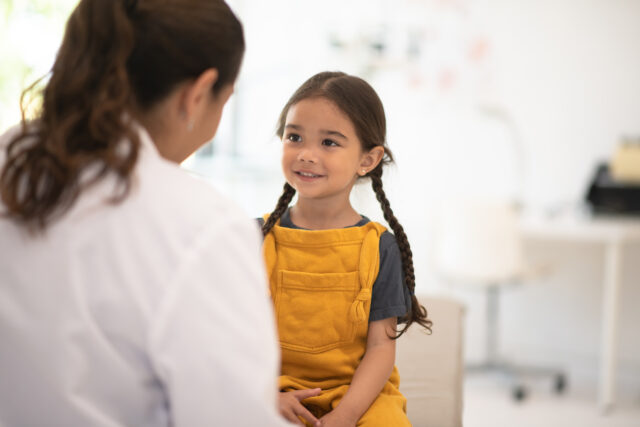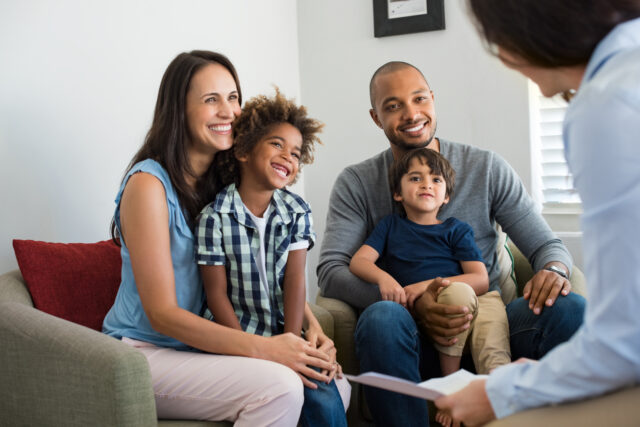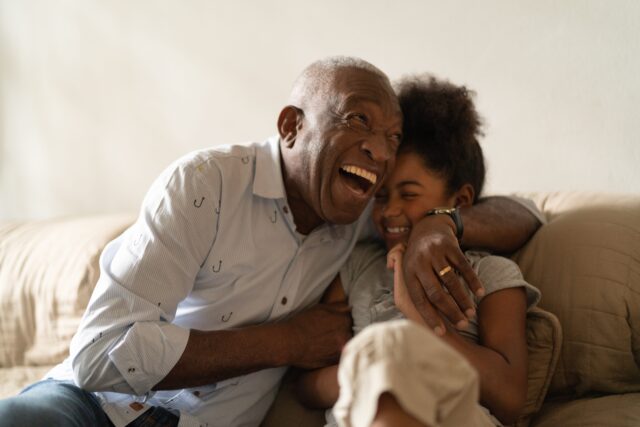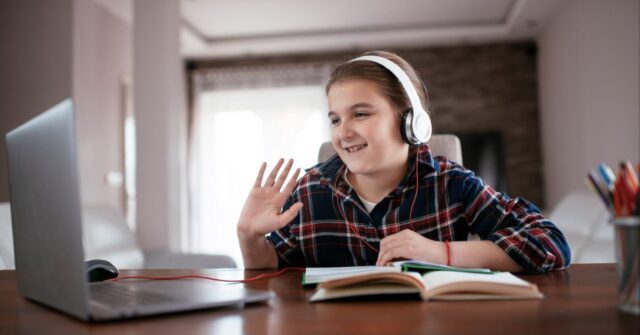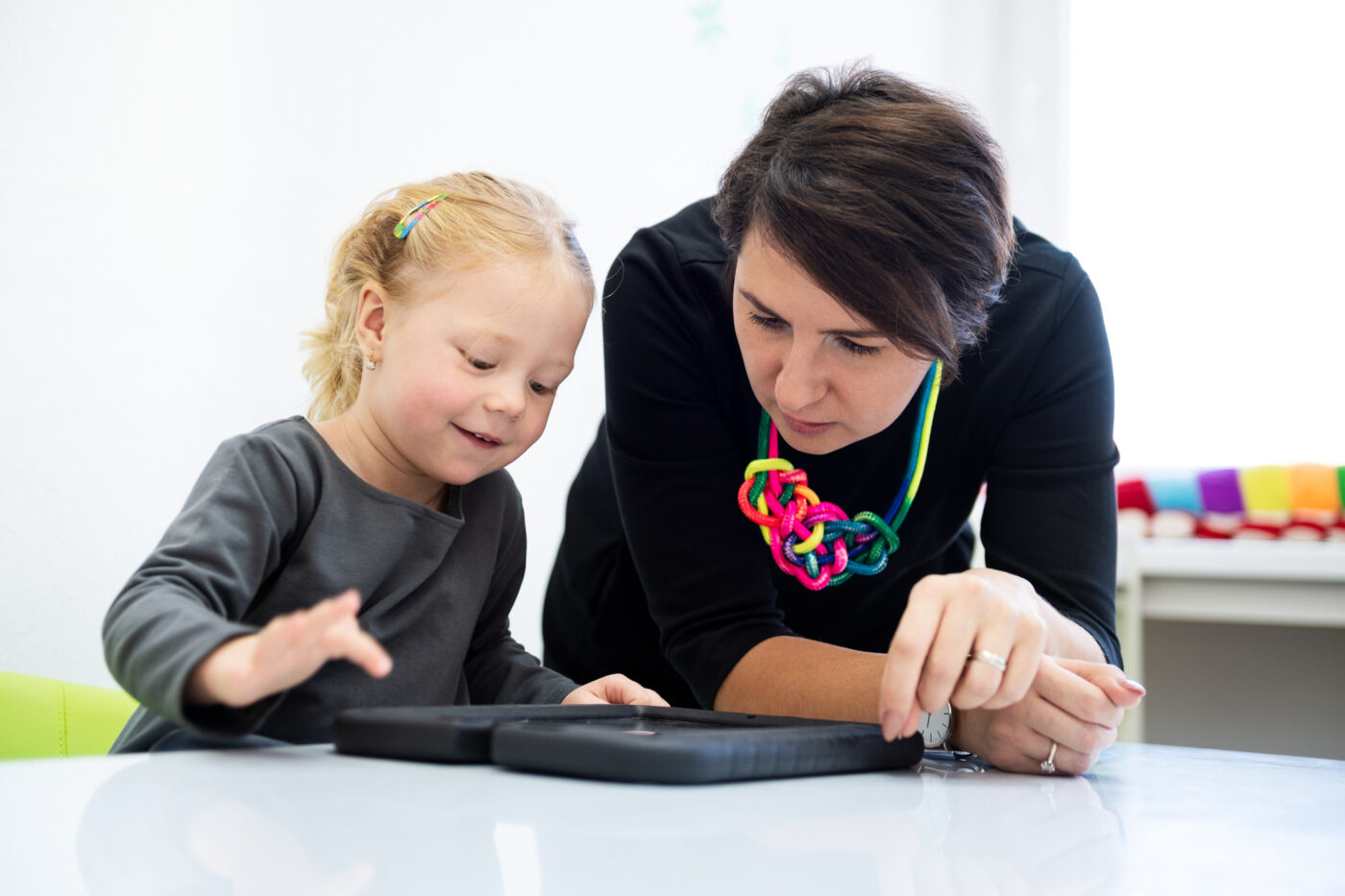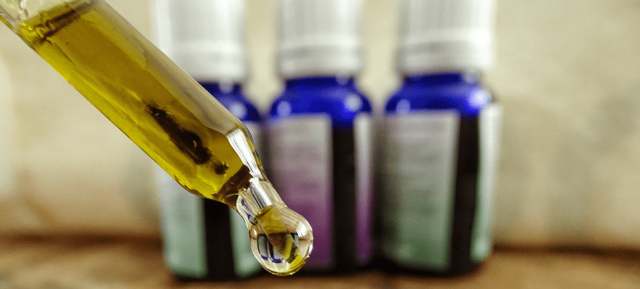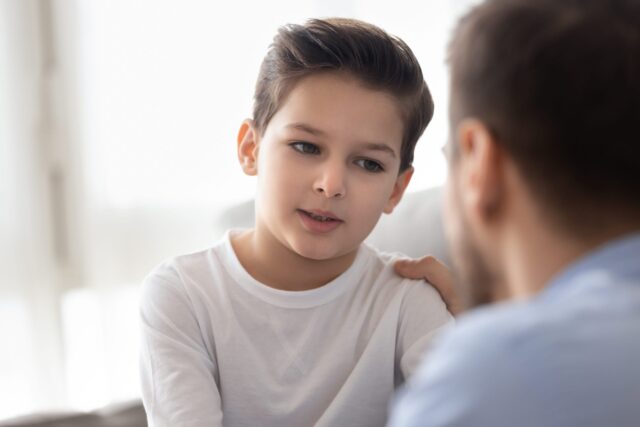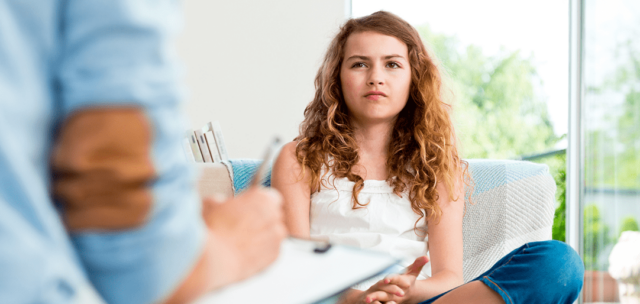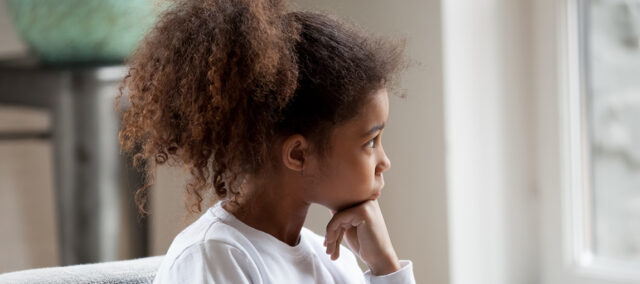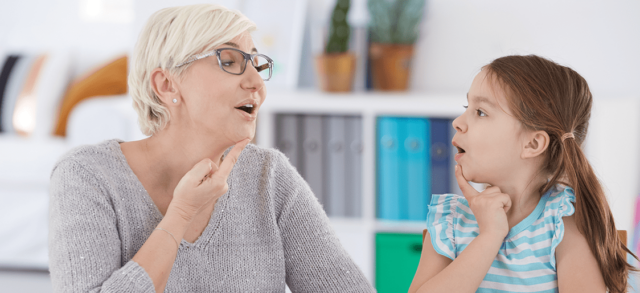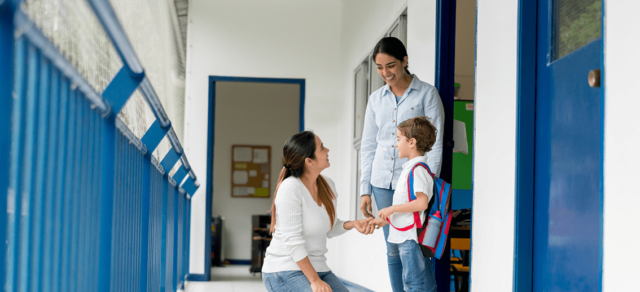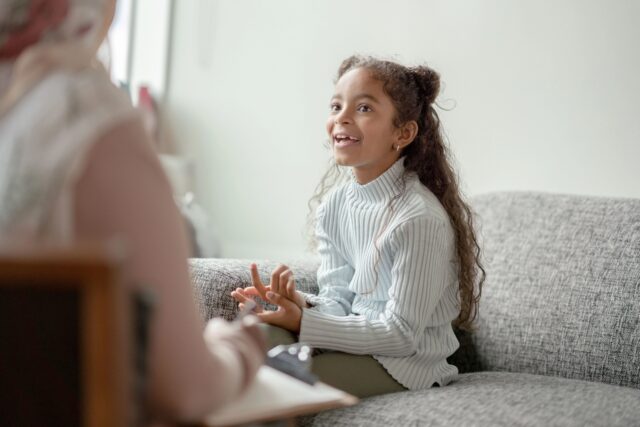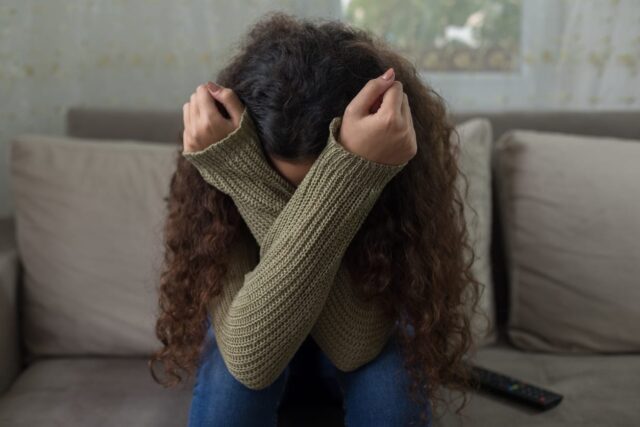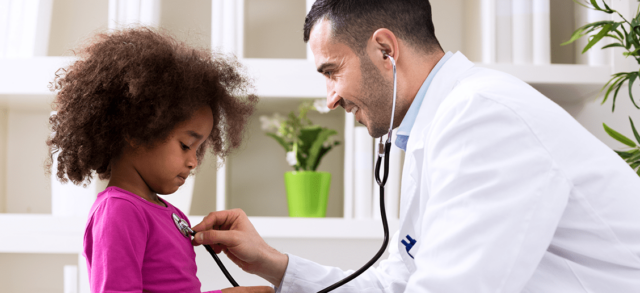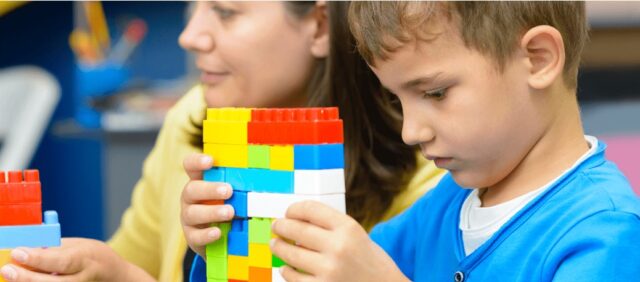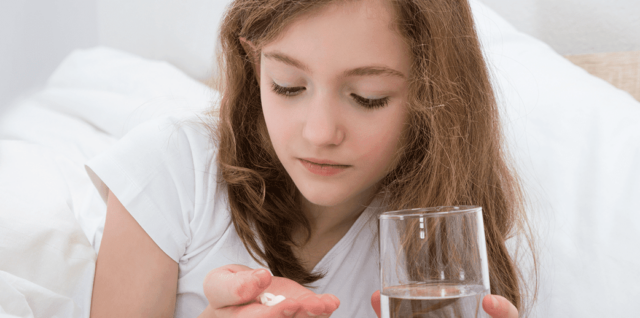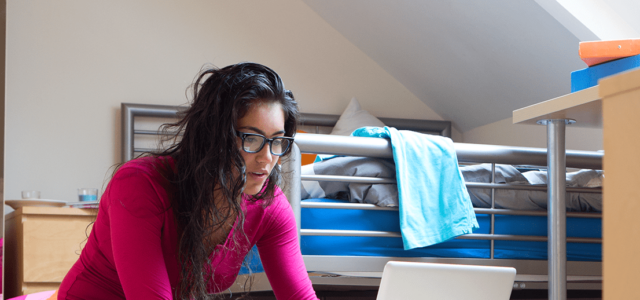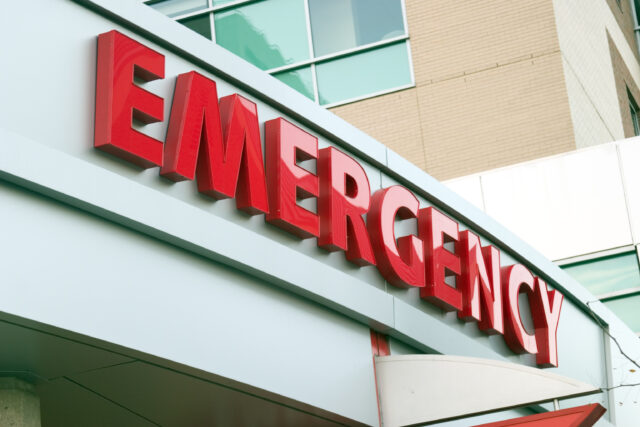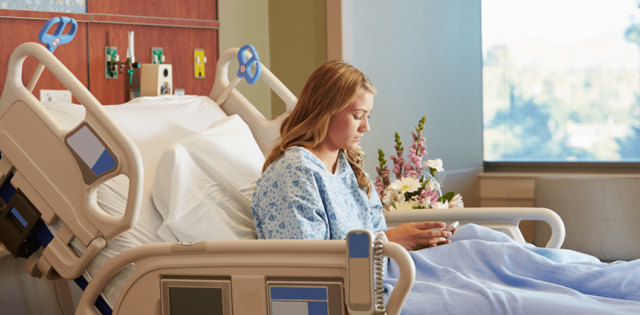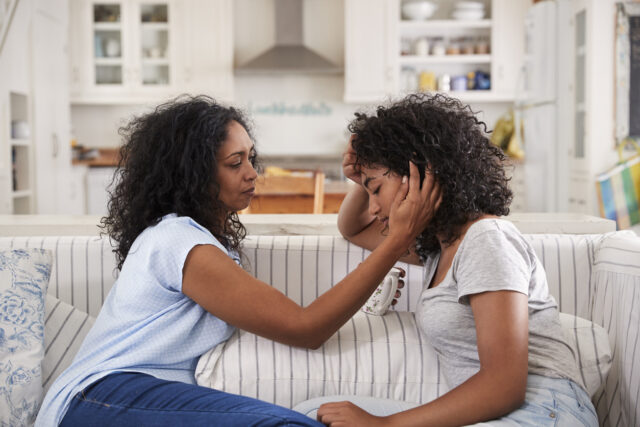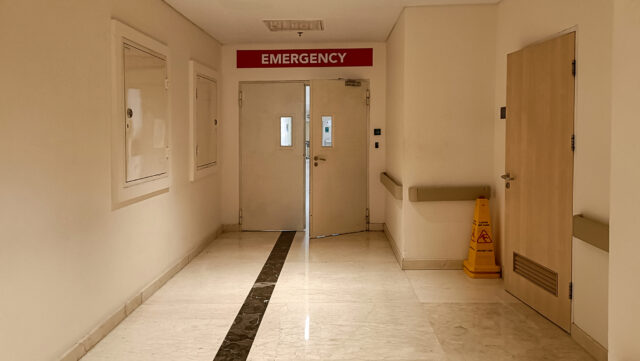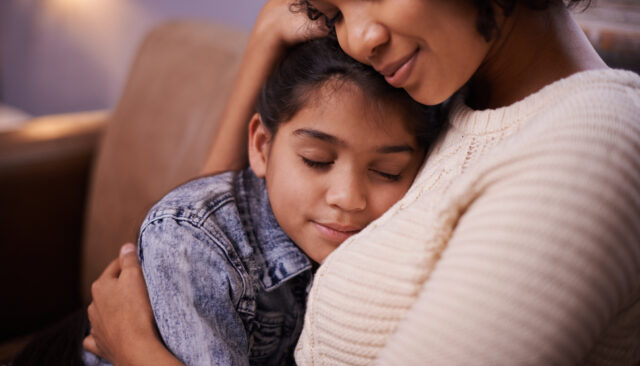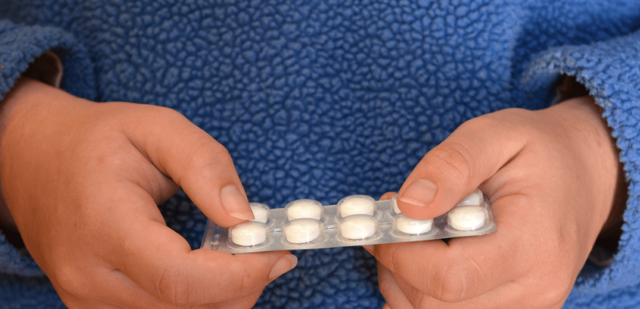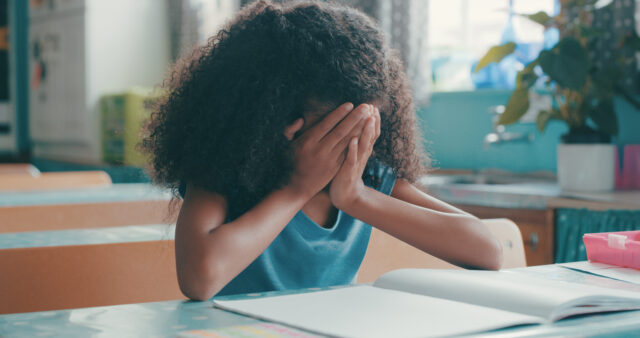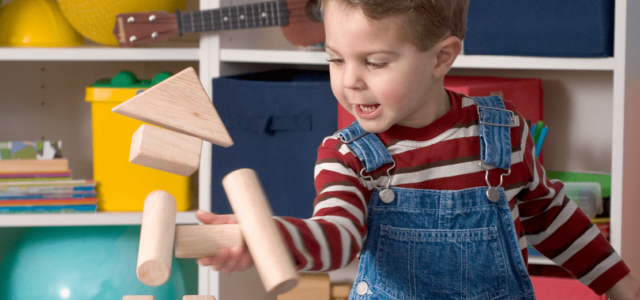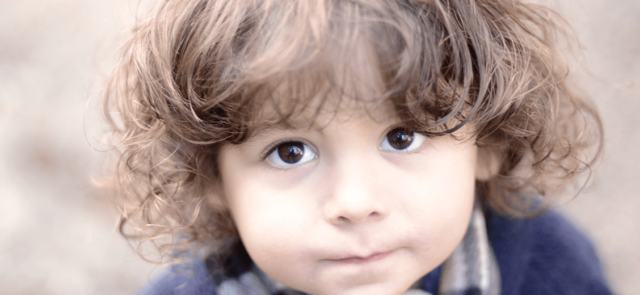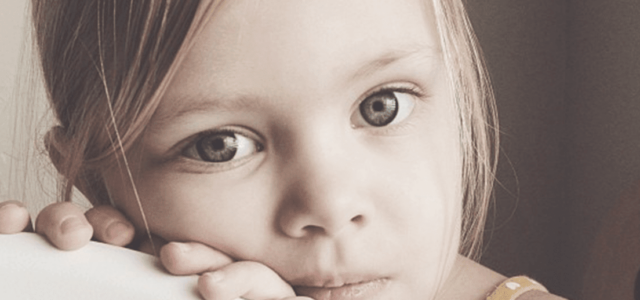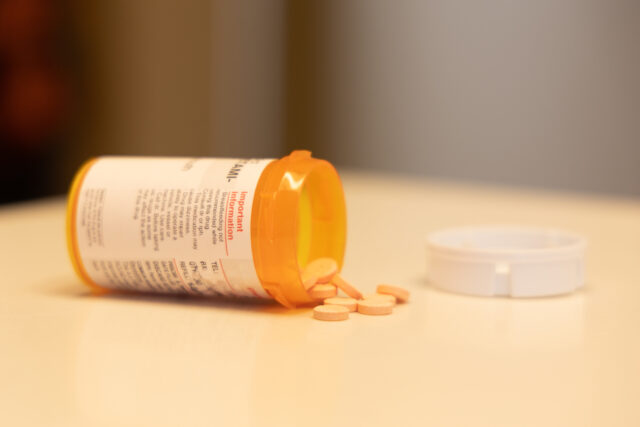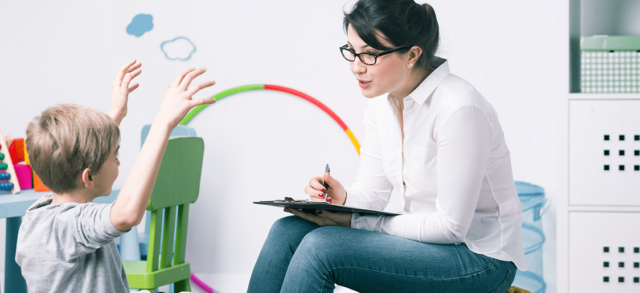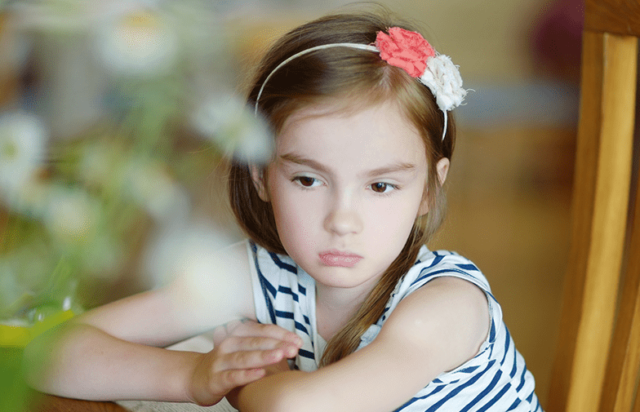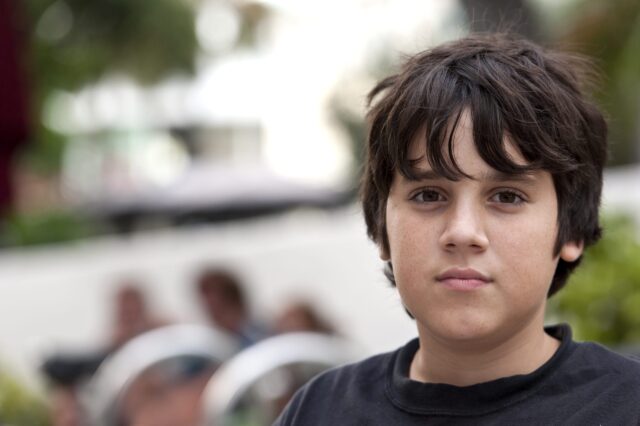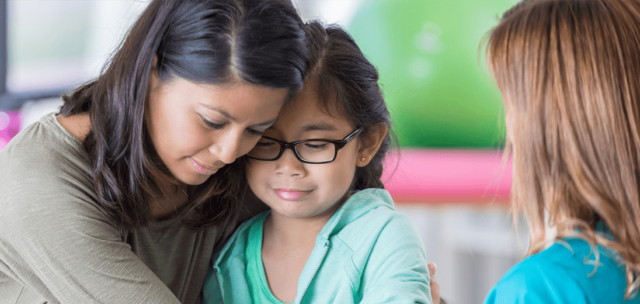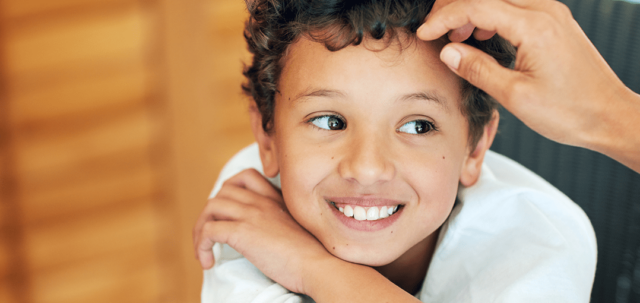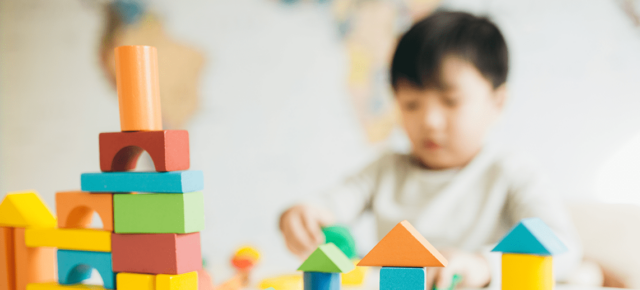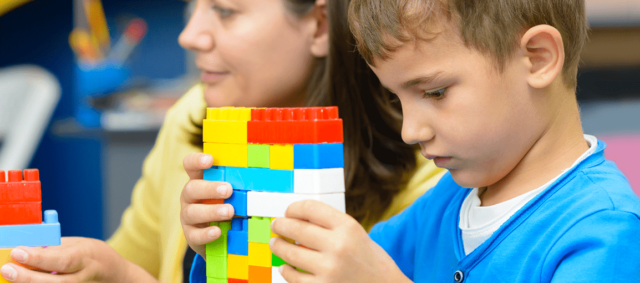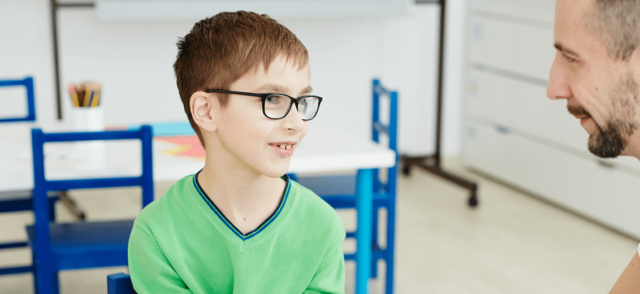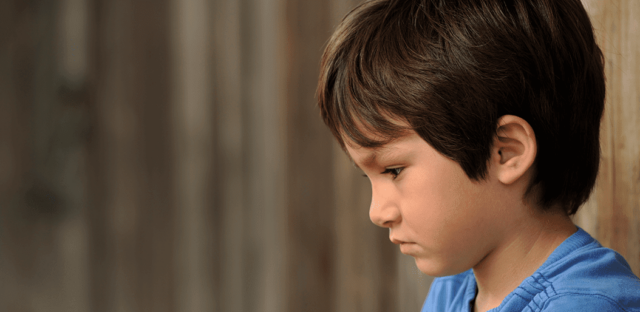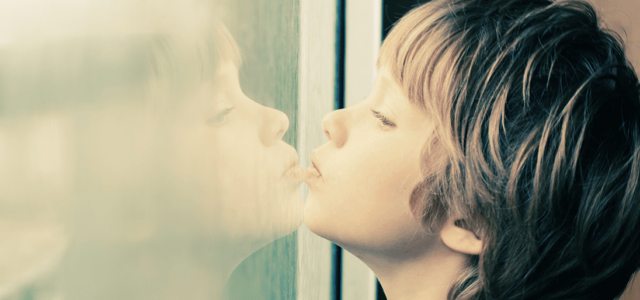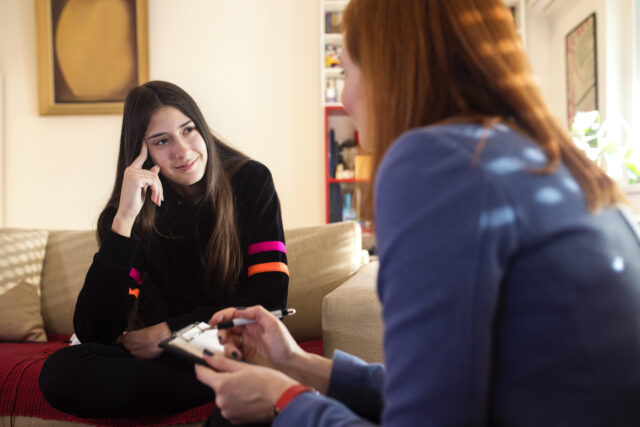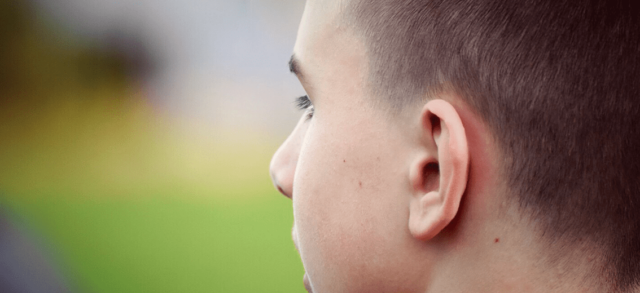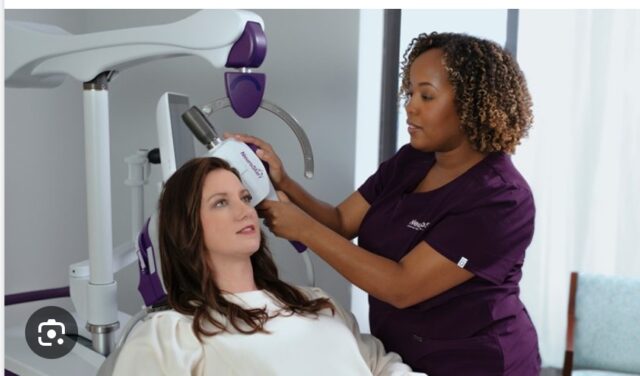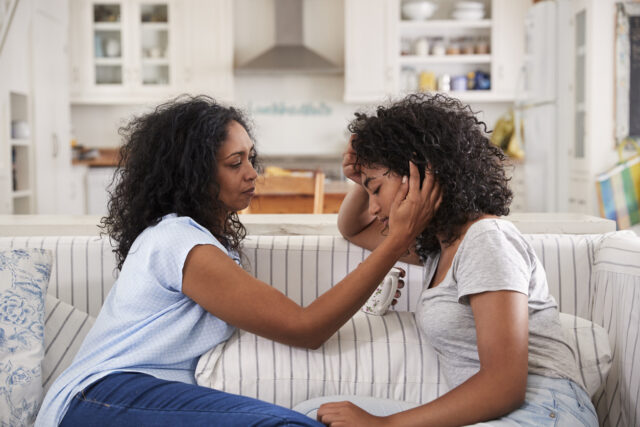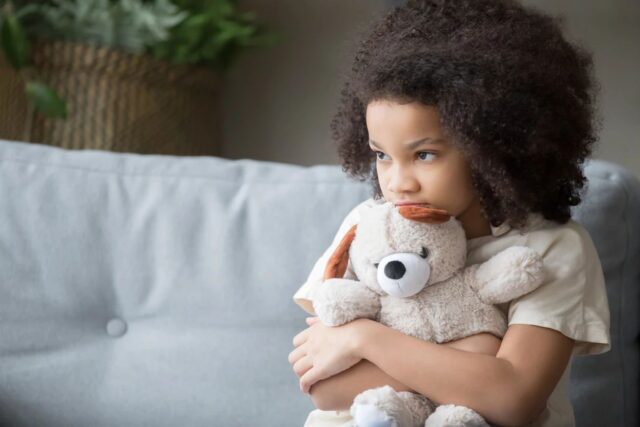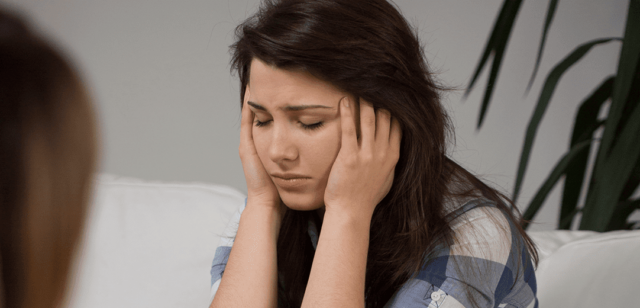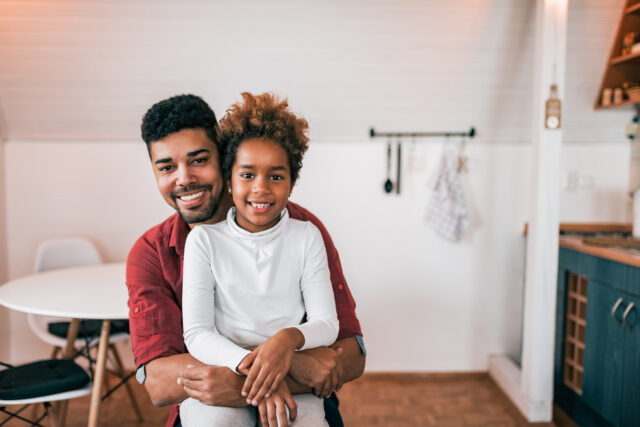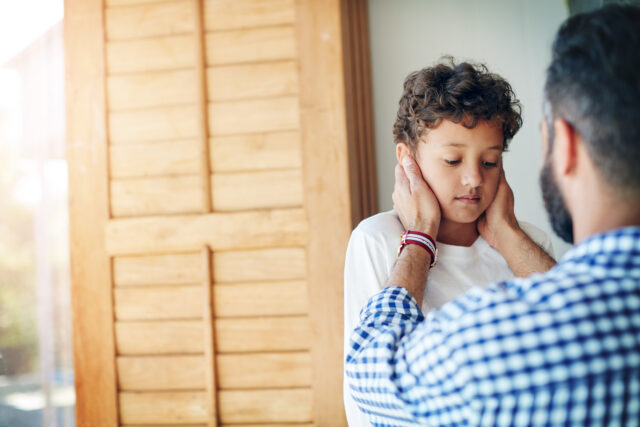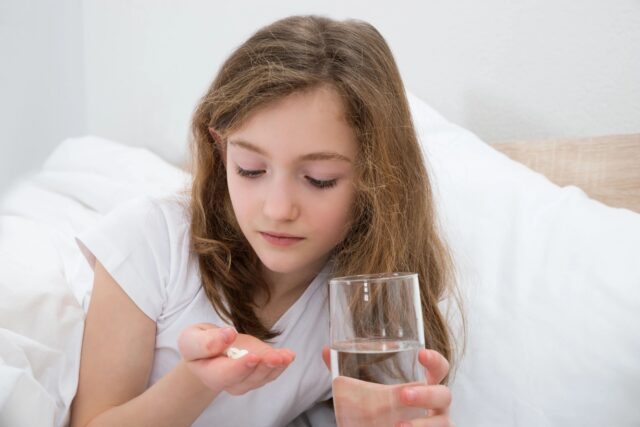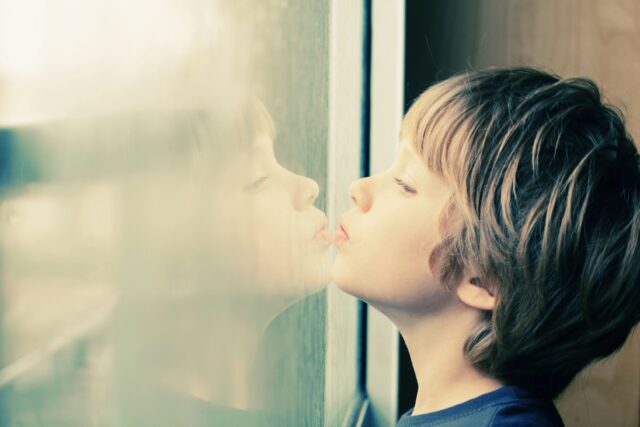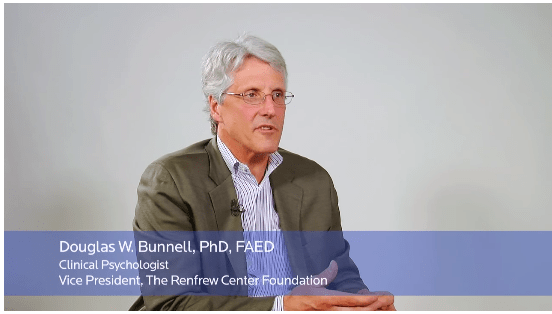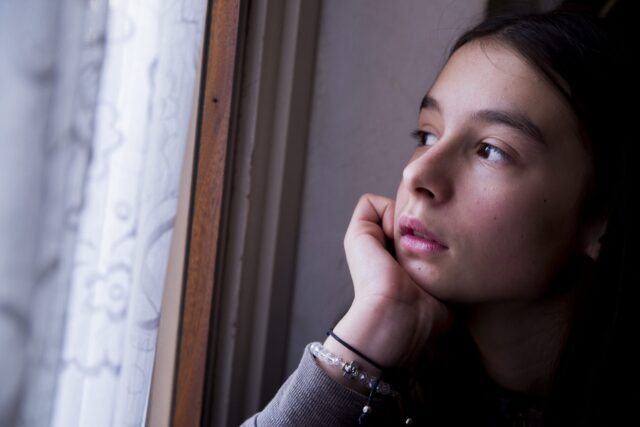TOPICS
Treatment
Learn about the different kinds of therapy and medication for your child’s mental health, neurodevelopmental differences, or neurological issues.
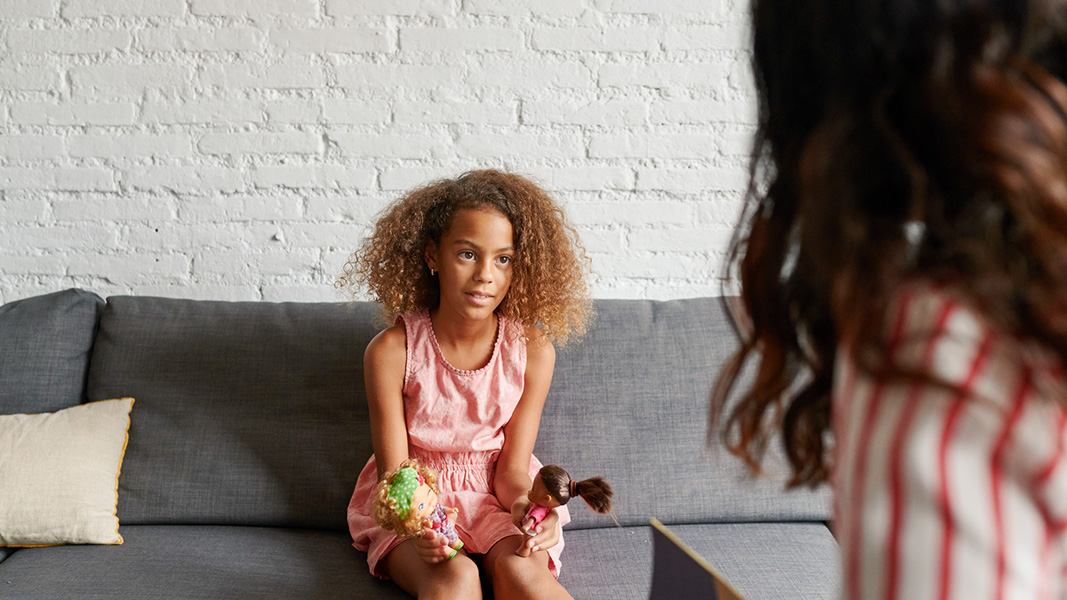
Treatment Resources
Whether your child has depression, anxiety, ADHD, or something else, diagnosis is only the first step. Fortunately, there are therapies and medications that can help. Few are one-size-fits-all, and there is often trial and error before finding the right combination of supports. But the results can be life changing — and lifesaving.
Treatment Basics
Getting effective treatment for mental health challenges can take time and commitment, from choosing a provider to getting family members and your child on board. Here are some basics to help you get started.
Behavioral Treatment
For many kids with mental health challenges, a form of cognitive behavioral therapy (CBT) will be the recommended treatment. CBT teaches skills and coping strategies that enable kids to manage distressing emotions and avoid challenging or self-destructive behaviors. There are many specialized forms of CBT that have been shown to be effective for fighting specific disorders.
Medication Treatment
Often prescribed in combination with behavioral treatment, medication can reduce distressing symptoms. When children are given medication, the right dosage should be carefully determined, and they should be monitored regularly as they grow and change.
Emergency Mental Health Treatment for Children
We don’t always have the luxury of time when it comes to finding support for a child in distress. Here’s what you need to know when seeking care for children in crisis.
ADHD Treatment
Behavioral therapy in combination with medication is considered the most effective treatment for kids with ADHD. Medication includes stimulants — the most common treatment —and non-stimulant alternatives. Behavioral treatment includes parent training and teaching kids organizational and other executive function skills.
Treatment for Anxiety, OCD and Related Disorders
For kids with anxiety or OCD, worry or intrusive thoughts can impact every part of their lives. Behavioral therapy, sometimes combined with medication, is usually the most effective treatment for anxiety, OCD, and related disorders like skin picking and hair pulling.
Treatment for Kids With Autism
When kids are diagnosed with autism, they are typically referred to applied behavioral analysis (ABA) or other behavioral programs to help them build skills they are not developing on their own. Medication is sometimes prescribed for children with serious behavior problems, including aggression and self-injury.
Treatment for Depression and Trauma
Behavioral therapy and medication can both make a big difference for kids with depression. For children struggling to recover from traumatic experiences, specialized behavior therapy can help.
Treatment for Schizophrenia and Psychosis
Schizophrenia and psychosis can be scary for young people and their families. But treatment that combines therapy, counseling, and medication can lead to better outcomes for young adults.
Treatment for Tics and Tourette's
When a child develops tics, it doesn’t always require treatment. But if the tics are interfering in their daily life, then specialized behavioral therapy can help kids manage them.
Eating Disorder Treatment
Eating disorders can be difficult to treat because people are often secretive about them. Family-based therapy is considered the most effective treatment.
If Treatment Isn’t Working
Finding the right treatment for your child can take some trial and error. That means knowing when to walk away to try something else.
Treatment
Ask an Expert
All Treatment Resources
Treatment Basics
How Are Mental Health Problems Treated in Kids?
When to Wait: Getting Kids Care, or Not
How to Know What Your Family’s Insurance Covers
How Do You Know if Your Child Is Getting Good Care?
Improving Treatment Adherence in Teens
Helping Resistant Teens Into Treatment
Getting Family Members on Board With Treatment
How to Find a Telehealth Provider for Your Child
Telehealth for Kids
Preparing for Your Child’s First Appointment
Understanding Out-of-Network Benefits
Insurance Terms to Know
CBD: What Parents Need to Know
Behavioral Treatment
Behavioral Treatments at a Glance
DBT: What Is Dialectical Behavior Therapy?
Choosing a Parent Training Program
How to Change Negative Thinking Patterns
Taking Therapy Out of the Office
How to Work Well With Your Child’s Therapist
How to Talk to Kids About Starting Therapy
How DBT Works
Helping Kids Who Are Too Controlled
Medication Treatment
Questions to Ask a Doctor Prescribing Medication to Your Child
Is Your Child Getting the Right Medication Dosage?
Complete Guide to Children and Multiple Medications
Children and Antipsychotic Medications
How to Take Kids Off Medication
Using Medications Without FDA Approval
Multiple Meds and Kids: What Parents Should Know
Medication Management and College
Emergency Mental Health Treatment for Children
ADHD Treatment
Behavioral Treatments for Kids With ADHD
Complete Guide to ADHD Medications
Helping Kids Who Struggle With Executive Functions
Stimulant Medications for ADHD
What Are Nonstimulant Medications for ADHD?
Preschoolers and ADHD
Side Effects of ADHD Medication
What We Know About the Long-Term Effects of ADHD Medications
Will ADHD Medication Change My Child’s Brain?
ADHD: The Pros and Cons of a Drug Holiday
ADHD Medication Shortage: Tips for Getting What Your Child Needs
Treatment for Anxiety, OCD and Related Disorders
What Is the Best Treatment for Anxiety in Children?
Behavioral Treatment for Kids With Anxiety
Best Anxiety Medication for Children and Teens
What Is the Best Treatment for OCD?
Treating Anxiety in Kids by Working With Parents
Treatment for Hair-pulling, Skin-picking
The Parents’ Role in OCD Treatment
Intensive Treatment for OCD and Anxiety
Treatment for Kids With Autism
What Is Applied Behavior Analysis (ABA)?
The Controversy Around ABA
How to Know If You’re Getting Good ABA
Helping Children With Autism Learn to Communicate
What Parents Should Know About Risperdal
Children and Antipsychotic Medications
What Parents Should Know About Risperdal
Autism and Medication
Antipsychotics, Weight Gain and Kids’ Health
Treating Sensory Processing Issues
Occupational Therapists: What Do They Do?
Treatment for Depression and Trauma
Treatment for Depression
Therapy for Depression
Medication for Kids With Depression
Treatment for PTSD
TMS Treatment for Depression
What Is Behavioral Activation?
Ketamine Treatment for Depression
Acceptance and Commitment Therapy for Teens
Help for Cutting and Other Self-Injury
What’s the Best Treatment for PTSD in Children?
EMDR Therapy for Childhood Trauma
DBT for Parents
